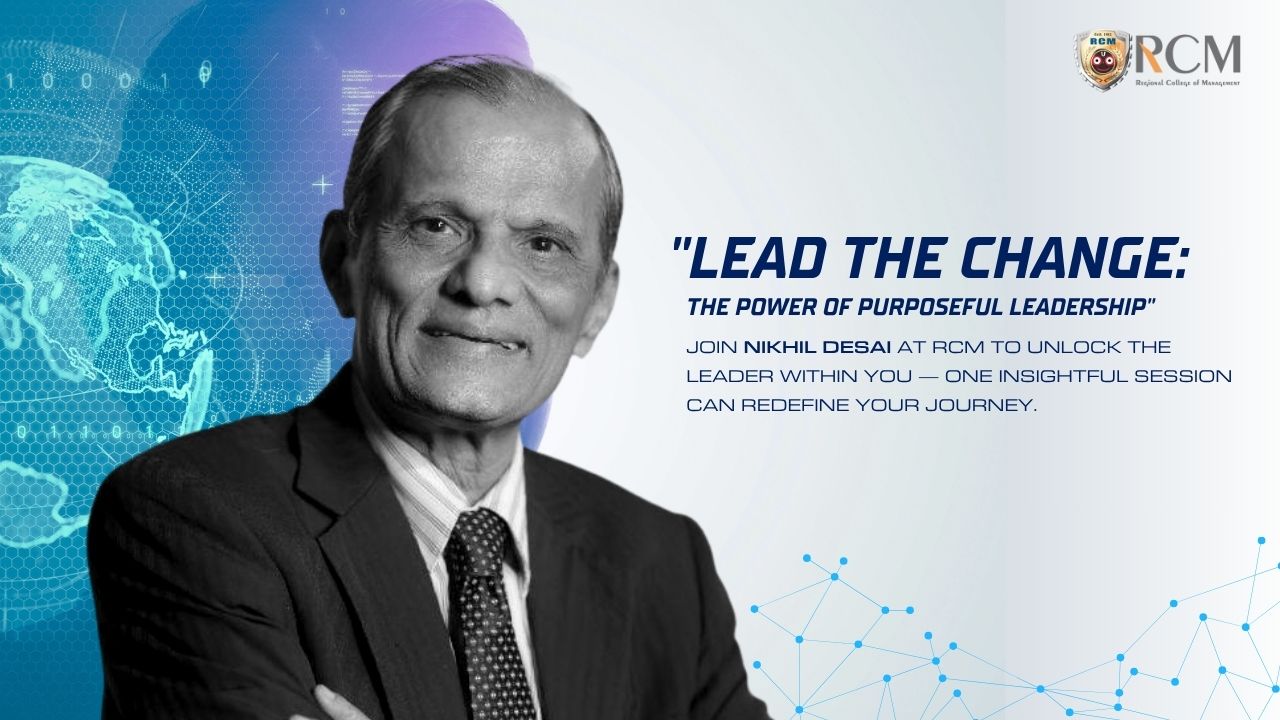The world is now surviving and surrounded by technology. From the point of zero, we are relying on it. Technology, in this view, has played a huge role in the context of the economy and its development as we know it in the present era. In today’s blog we will be talking about fintech revolution and its impact on the economy.
An Overview:
In recent decades, technology has played a progressively more valuable role in the economic sphere. It all started in 1950 with the introduction of the first financial technology, known as the credit card. To relieve the stress of carrying cash, followed using automated teller machines (ATMs) to replace bank tellers and branches in the 1960s. Next, in the 1970s, electronic stock trading began on exchange trading floors, and in the 1990s. The Internet and e-commerce business models shone.
Fintech has once again transformed the role of financial services in the early twenty-first century. Fintech is a term use to describe financial technology and to help established organisations develop new solutions. Such as mobile internet, big data, cloud computing, and blockchain. Firms can use Fintech to build new goods and services by analyzing client information and insights. Secondly, Fintech may benefit all firms by boosting payment systems, customer relationship management, invoicing, and collections. As a result, it can contribute to greater economic possibilities, more economic activity, and economic growth.
Furthermore, Fintech reduces information asymmetry in the marketplace. This helping to improve risk management, which is critical to the steady growth of financial operations. It also contributes to increased market liquidity and promotes more effective resource allocation. The power of new technology to gather and analyse data in real time is transforming how all business happens. Also how goods and services in the new economy are imagine, and how customers engage in this process.
This shift is being aide by financial revolution, or FinTech. The catalytic effects of FinTech and its capacity to lead the way of competition, innovation, and job creation in our economy are immeasurable at this moment and should be encourage.
Concerning Fintech:
FinTech is about more than simply digitising money; it is also about monetizing data. It’s about how we can produce and extract value from data, which was previously confine by the technology we have. It is the second-round value surge that is currently emerging from an increasingly digitized economy. Financial firms today speak about qualities or insights into consumers in the hundreds of thousands and millions, not simply the tens of thousands.
Businesses and governments now have organised access to nearly limitless data, thanks in part to the rise of social media, which algorithms can easily examine and turn into new services and products.This is not traditional data mining, but deep learning, which enables previously unimagined insights and information, allowing for more personalized products and services, as well as more efficient markets and processes.

Advantages of the fintech revolution:
FinTech revolution have the ability to provide huge benefits to all businesses, particularly new and existing small industries. Small and medium-sized firms (SMEs) are important for economic growth and job creation, but some may struggle to obtain the financing they require to continue and thrive.
FinTech may benefit all organisations by improving payment systems, customer relationship management, and invoicing and collections, to finance and access to capital. Invoice management websites and supply chain financial platforms are examples of FinTech solutions.
More about the Fintech revolution
FinTech revolution enables consumers to complete transactions on their mobile phones or tablets, increasing efficiency and enhancing the customer experience. Data aggregators may synchronize financial data from several sources and combine bank accounts from numerous financial institutions. This also lowering company compliance expenses. Innovative financial services, such as robo-advice, offer the ability to expand financial advice to a broader cross section of the community. this ensures beyond high-net-worth individuals and more skilled investors. This will assist more people in receiving the financial guidance. They require to make more educated decisions, as well as address issues such as under and non-insurance, lost opportunities, and ill-informed decision-making.
FinTech is reducing imperfect information in the economy, helping to limit risk and encourage more effective allocation of scarce resources. Much as the internet has empowered individuals all over the world through access to information. The transparent and real time operation of FinTech innovations like Blockchain and digital currencies is creating new value streams. This ensures not only in financial services but across the economy. However, increasing “fintegration”—or collaboration in financial services—between disruptors and others will accompany market disintermediation. FinTech herbivores and carnivores encompass those who seek to disrupt. This also for those who wish to live together in the financial sector.
To conclude:
Fintech revolution have been quickly transforming the financial services market. Significant participants in the financial industry, like most others, are increasingly migrating from manual to digital operations. The sector has experienced a rapid acceptance of digital payments, paperless loans, mobile banking, e-wallets, and wealth management, among other things. Because of continual technical improvements. India has one of the highest Fintech adoption rates among emerging countries. This include at 87 percent, compared to the worldwide average of 64 percent.
Today, more Fintech businesses are focusing on financial inclusion, ultimately enhancing the quality of life for underbanked populations. Smart coverage offered by Fintech firms are critical to the success of the financial services sector in today’s world. Technological innovations bring data-driven solutions to the growing tech-savvy audience by providing insight into industry trends and customer behaviour. Furthermore, the industry is being led by the revolution, which is expanding its services across all sectors and encouraging financial inclusion in order to prepare for future economic growth.



















